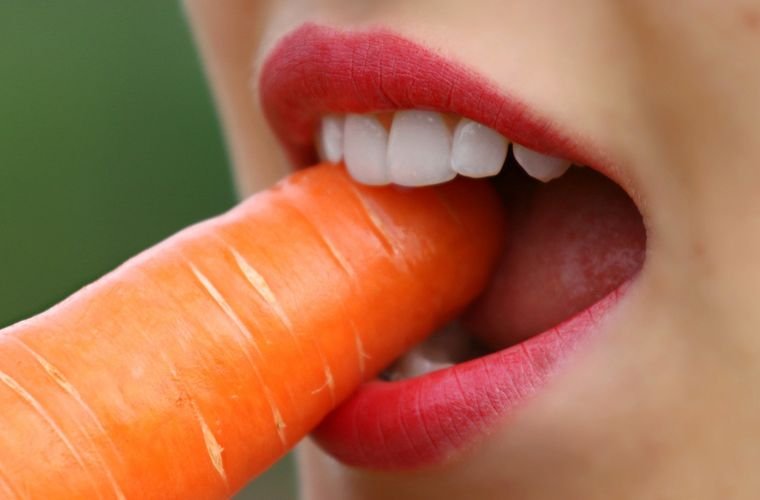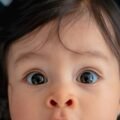While many individuals have begrudgingly accepted social isolation as part of the “new norm” since the arrival of COVID 19, plenty of others have yet to adjust completely. In light of the changes the pandemic has brought to society in recent years, many scientists are working to determine what sorts of effects social isolation has on the mind and body. In one new study, researchers from NYU Rory Meyers College of Nursing found social isolation can affect your teeth.
Background: Social Isolation Causes Many Problems
Because humans are a social species, isolation can take quite a negative toll on overall health. One study from Newcastle University linked social isolation with a higher risk for coronary heart disease and stroke. Another study found that loneliness (a symptom of social isolation) was associated with a 40% increase in the risk of dementia. While social distancing may be mandated for many due to COVID-19, those who can avoid it should do so. Social isolation can also cause an increase in depression and anxiety, leaving individuals feeling insecure and afraid. The extra stress from social isolation can also take a physical toll on the body.
Analysis: Losing Teeth and Losing Friends
A new study, published in Community Dentistry and Oral Epidemiology, done by researchers at NYU Meyers, found something surprising. Older and aging adults who are socially isolated tend to have more missing teeth and tend to lose more teeth more quickly over time than their non-socially isolated counterparts. According to Ph.D. Student and first author Xiang Qi: “Our study suggests that maintaining and improving social connections may benefit the oral health of older adults.” Because oral hygiene, like brushing teeth or flossing is often enforced by social connections (like a parent or a partner), not having these connections could lead to an overall decline in oral health. Tooth loss is more common for aging adults, as the body shows more wear and tear. As such, missing teeth can be more detrimental to an individual’s well-being, affecting their speech, diet, and self-esteem.
To understand how social isolation and loneliness affected tooth loss in older adults, the researchers used data from the Chinese Longitudinal Health survey to study 4,268 adults ages 65 and older. The survey was given to the same individuals for three different years (2011, 2014, and 2018) to examine how social isolation and loneliness changed. From their analyses, the researchers found that higher levels of loneliness and social isolation were correlated with having fewer teeth and losing teeth more quickly, even when factors like oral hygiene, good health, smoking, and drinking were calibrated. Older socially isolated adults had, on average, 2.1 fewer teeth and 1.4 times the rate of teeth loss than their more socially active counterparts.
Outlook: Being Social Can Save Smiles and Lives
While teeth loss is a good reason for avoiding social isolation, there are many other good reasons to help boost well-being in aging adults. As social isolation is a significant health concern for aging adults and has been associated with premature death, it’s essential to establish routines for older adults to perform to avoid social isolation. Whether it’s a weekly phone call, zoom call, a nightly game, or even a letter, these acts can be monumental in helping to make the aging population healthier and smile more.
Kenna Castleberry is a staff writer at the Debrief and the Science Communicator at JILA (a partnership between the University of Colorado Boulder and NIST). She focuses on deep tech, the metaverse, and quantum technology. You can find more of her work at her website: https://kennacastleberry.com/

